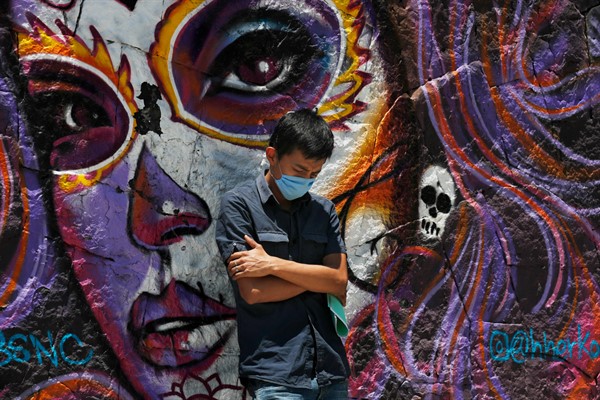While the health impacts of the coronavirus pandemic have been primarily endured by elderly populations, there is increasing recognition that young people will disproportionately absorb the economic and social impacts.
One study, conducted in April and released last month by the International Labor Organization, found that the pandemic had caused one in six young people to lose their jobs, as well as a 23 percent average reduction in working hours for those still employed. Within this “lockdown generation,” as the ILO calls them, the situation is especially dire for women, ethnic minorities and migrant workers.
Tedros Adhanom Ghebreyesus, the director-general of the World Health Organization, recently warned that this economic distress is being compounded by a youth mental health crisis. “Early evidence suggests people in their teens and 20s are at greater risk of depression and anxiety” during the pandemic, he said, “while their ability to seek the services they need is reduced.” According to a recent survey conducted by the European Union, respondents across the continent aged 18 to 34 experienced disproportionate declines in life satisfaction and larger increases in loneliness than other age groups. Similar research findings have been reported in China.

